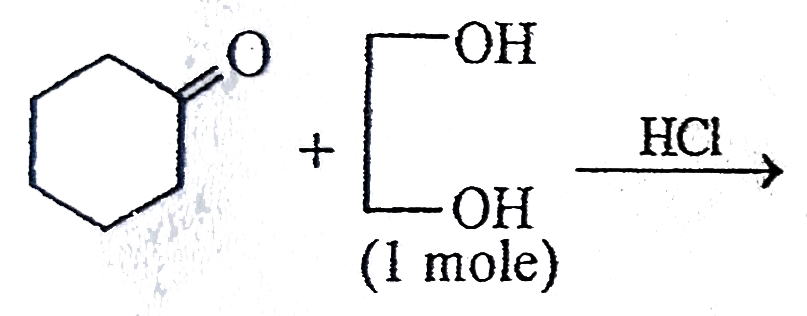What is the fate of energy that is obtained from respiration ?
Step-by-Step Solution:
1. Understanding Respiration: Respiration is a biochemical process in which glucose is broken down to release energy. This process occurs in all living organisms, including plants.
2. Energy Release: During respiration, energy is released from glucose molecules. This energy is crucial for various cellular activities and life processes.
3. Utilization of Energy: The energy obtained from respiration is primarily used for:
- Metabolic Processes: This includes synthesis of biomolecules, transport of substances across cell membranes, and other cellular functions.
- Growth and Development: Energy is required for cell division and growth in plants.
- Maintenance of Homeostasis: Energy helps in maintaining the internal balance within the plant cells.
4. Conversion to Chemical Energy: A significant portion of the energy released during respiration is converted into chemical energy stored in the form of ATP (Adenosine Triphosphate) molecules. ATP acts as an energy currency in cells, providing the necessary energy for various biochemical reactions.
5. Energy Loss: Some energy is also lost as heat during respiration, which is a byproduct of metabolic processes.
6. Summary of Fate of Energy: In summary, the energy obtained from respiration is utilized for life processes, converted into ATP for cellular functions, and some is lost as heat.
---
- Metabolic Processes: This includes synthesis of biomolecules, transport of substances across cell membranes, and other cellular functions.
- Growth and Development: Energy is required for cell division and growth in plants.
- Maintenance of Homeostasis: Energy helps in maintaining the internal balance within the plant cells.
Topper's Solved these Questions
- RESPIRATION IN PLANTS BOOK - AAKASH INSTITUTE ENGLISHCHAPTER - RESPIRATION IN PLANTS EXERCISE - Try Yourself
12 Videos
- RESPIRATION IN PLANTS BOOK - AAKASH INSTITUTE ENGLISHCHAPTER - RESPIRATION IN PLANTS EXERCISE - Exercise
20 Videos
- REPRODUCTIVE HEALTH BOOK - AAKASH INSTITUTE ENGLISHCHAPTER - REPRODUCTIVE HEALTH EXERCISE - Sectoin -D Assertion - Reason Type Questions
22 Videos
- SEXUAL REPRODUCTION IN FLOWERING PLANTS BOOK - AAKASH INSTITUTE ENGLISHCHAPTER - SEXUAL REPRODUCTION IN FLOWERING PLANTS EXERCISE - Assignment (SECTION D)
20 Videos
Similar Questions
What is the site of respiration?
View SolutionWhat is true for respiration
View SolutionUsable energy available from respiration is
View SolutionWhat is the total gain of energy during anaerobic respiration
View SolutionWhat is respiration?
View SolutionWhat are the limitations of enegry that can be obtained from the oceans ?
View SolutionBioenergy is the energy obtained from
View Solutionwhat is floating respiration?
View SolutionWhat is the major product obtained from the following reaction :-

View SolutionMaximum energy is obtained by the oxidation of
View Solution
